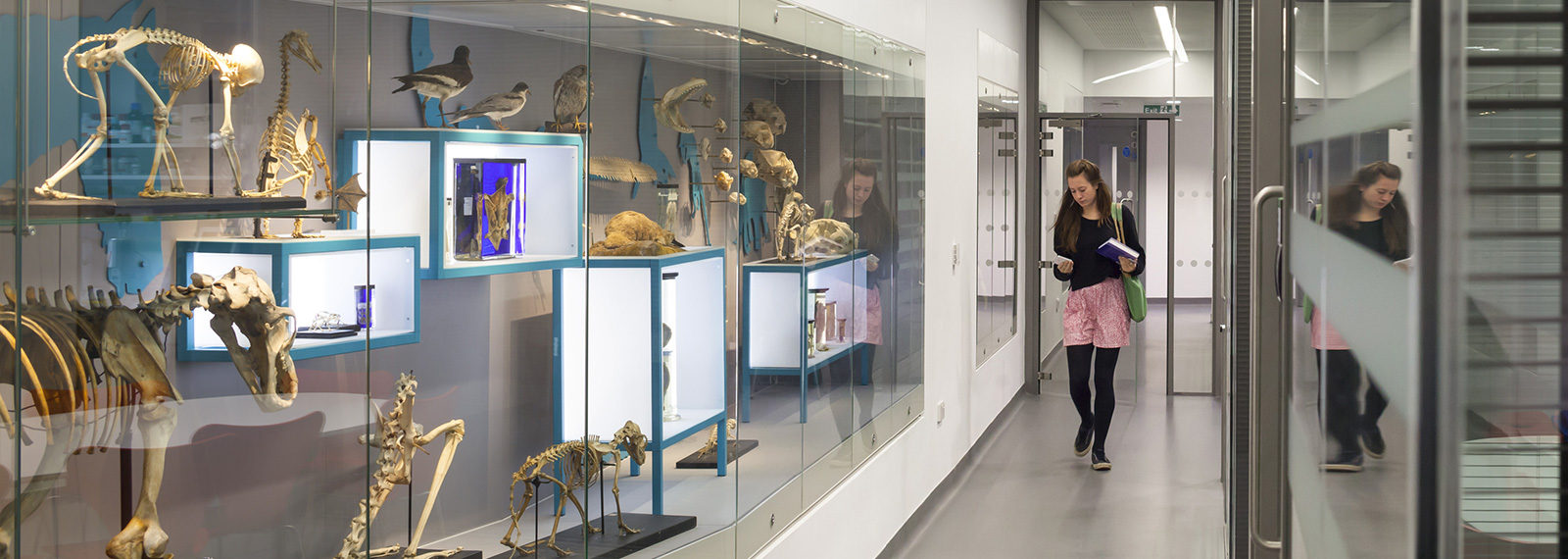international and interdisciplinary conference of the ‘Identities in Transformation
09 March 2017
National Stereotyping and Cultural Identities in recent European Crises College Research Theme in conjunction with the Coimbra Group Social Sciences and Humanities Working Group
Dublin, 9-11 March 2017
Trinity Long Room Hub Arts & Humanities Research Institute, Trinity College Dublin, University of Dublin
Serious economic, political, and societal crises have shaken Europe in recent years. Within these, and contributing to them, politicians, journalists, and other commentators across Europe have revived, revitalised, and instrumentalised deeply engrained and predominantly divisive patterns of national stereotyping and othering. These patterns can be equally observed in Brexit and the financial crisis, in the Ukraine conflict, in anxieties and controversies around increased migration, and in the rise of populist neo-national parties and movements.
Narratives of culture clash and conflict such as the North-South divide, the East-West conflict, or the antagonism between Catholicism and Protestantism can be traced back to political and cultural fault lines going back centuries, or even millennia. They draw on historical myth, cultural memories, constructed self- and hetero-images, perceived and projected behavioural patterns, alleged cultural identities and stereotypes of national characteristics.
This conference seeks to investigate these crucial cultural dimensions behind recent European crises. It aims to interpret and critique these crisis discourses, to assess their impact, and to consider counter strategies. Experts from fourteen countries across Europe will interrogate the uses and abuses of stereotypes and narratives of othering in crisis discourse through analytic approaches from fields as varied as cultural history, international relations, political science, translation studies and literary analysis. The critical methodologies and historic perspectives of experts from a variety of disciplines offer a deeper understanding of the cultural roots of such discursive instruments of cultural and political crisis as well as new insights into their application.


